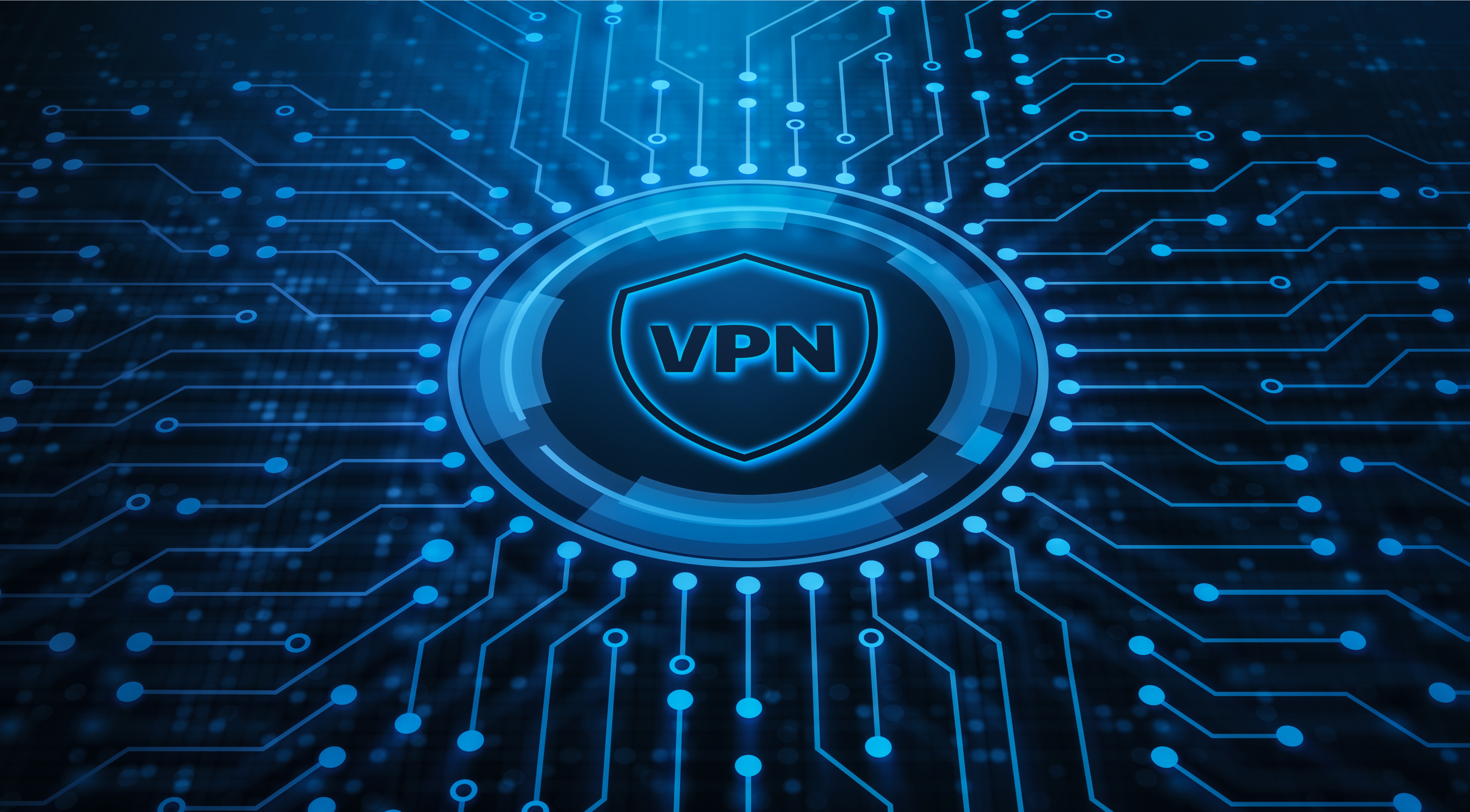
Over half of the world's population is expected to head to the polls in 2024 to choose their next government leader. Three months in, however, the internet revealed to be an erratic (yet much-needed) tool.
Pakistanis have been plunged into digital darkness already on five occasions over the space of two months, before and after contested presidential elections. At the start of February, Senegalese authorities restricted the internet amid protests over postponed elections—which are now scheduled for March 24. Turkey and Russia are also at risk as citizens take to the polls in upcoming months.
When government-imposed disruptions occur, citizens flock to VPN services to evade surveillance and access the open web. That's why one provider has now decided to take things into its hands. As of March 6, Proton VPN will offer a free network of local anti-censorship servers to all users logging in from at-risk countries. In this way, the company seeks to make the fight for free speech and reliable information a bit easier.
Proton VPN election support
"Protecting free speech and fighting censorship is a core part of our mission and we're committed to doing what we can to help voters around the world exercise their fundamental rights," said Andy Yen, founder and CEO at Proton.
The company behind the homonymous encrypted email, password manager, and secure drive apps is, in fact, well-known for its generous free plan. Its free VPN, for example, is one of the few offering unlimited data so that even people who cannot afford a paid subscription can always enjoy a more private and unfiltered internet experience.
Yet, considering the upcoming challenge for worldwide democracy, the team felt the duty to deliver even more support to the most vulnerable users.
People in Turkey, Senegal, Pakistan, Venezuela, and South Sudan are just some of those who will be able to access a censorship-resistant free network two weeks before and two after the big day. This means vulnerable citizens will have access to the open internet at high speeds, without the risk of servers being overloaded by other users, at no cost.
Yen said: "Our hope is that doing so will allow local Internet users to bypass censorship should it be implemented once again and protect their privacy online."
This year, democracy is on the ballot. Over 60 countries — home to half the globe’s population — will hold national elections in 2024.To ensure that everyone has access to accurate information before they cast their vote, we’ll offer free #ProtonVPN servers in countries with a… pic.twitter.com/Vlgt6yVukXMarch 6, 2024
At the core of Proton's election support initiative lies its unique Smart Routing technology. This allows the provider to offer local coverage in countries where servers cannot be physically installed due to the sensitive nature of the location.
As CTO at Proton VPN Samuele Kaplun explained, these servers behave as though they're located within the countries they border, despite being physically elsewhere. "What happens between our server and the user is not visible to anyone because the traffic is encrypted. And, since the server is physically not in that country, authorities cannot monitor the outgoing traffic in their network," he told me.
This means that people in Senegal, for instance, would be able to access Twitter or Facebook even if it became restricted around elections—as happened last year following anti-government protests over the arrest of an opposition leader. That's beneficial, said Kaplun, as citizens would still be able to access local sites they might need during those critical times without the need to disconnect from the VPN app.

Short for virtual private network, a VPN is security software that both encrypts internet connection and spoofs your IP address location. The latter skill is exactly how it can grant you access to otherwise geo-restricted content and services.
Even in the case of VPN censorship, Kaplun ensures the software should be able to evade blocks. That's because Proton VPN uses different technical methods and tactics to fight back against government-imposed restrictions.
"Our Stealth protocol, for example, disguises VPN traffic into something that looks like regular web traffic," he told me.
It's not the first time the VPN provider invested its resources into the fight against government censorship, in the name of people's digital rights.
Eight months ago, the firm launched the VPN observatory to map VPN spikes around the world. Proton's election support initiative comes as its natural extension.
On this point, Antonio Cesarano, Head of Product at Proton VPN, told me: "We have the data. We have learned what the patterns are and we already know that there are going to be problems. So, we are now making sure to provide our users some extra infrastructure and capabilities to go through those difficult events."
The list of supported countries—which also includes Algeria, Chad, Mauritania, Mozambique, Rwanda, Togo, Somaliland, Mauritius, Sri Lanka, Indonesia, and Cambodia so far—is expected to grow further, too.
"This is just the beginning," Cesearno told me. "We have carefully selected those countries based on historical data, but it doesn't necessarily mean that those are the only ones that will receive support from this initiative. In fact, we keep monitoring what happens on the network continuously to be ready to react."







